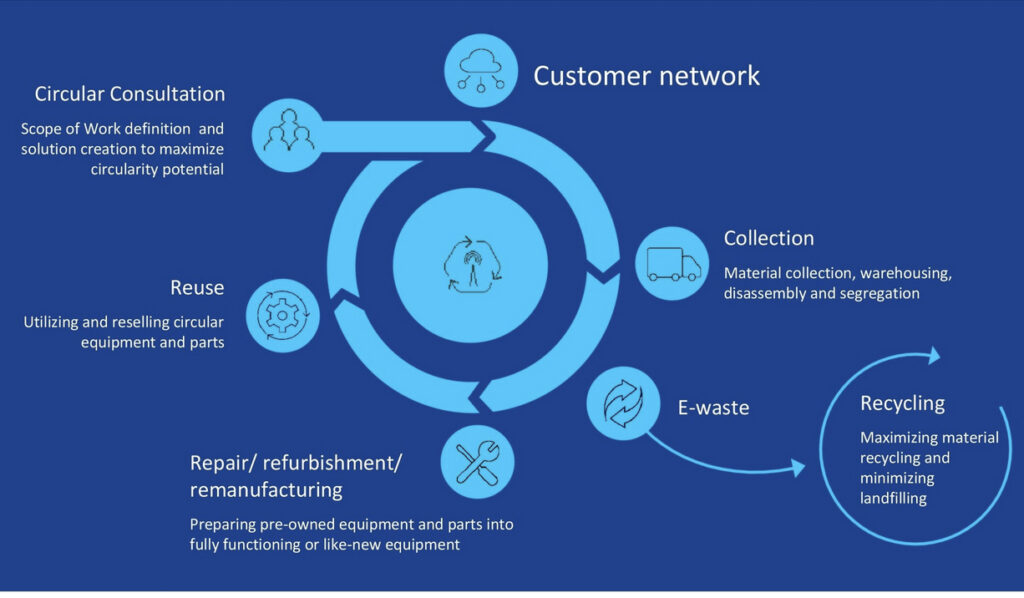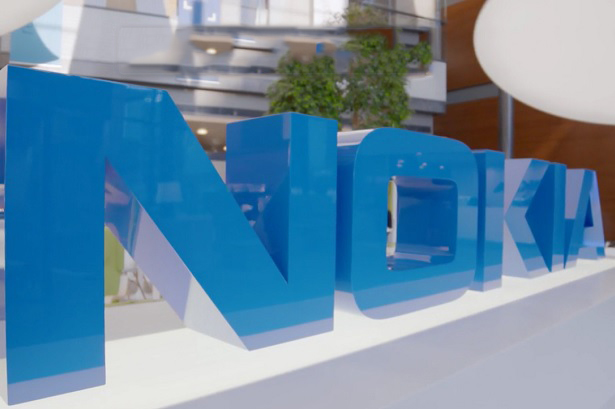The idea is to boost sustainability, in a circular way, and improve customer support
Nokia announced the opening of a regional maintenance hub in Riyadh in the Kingdom of Saudi Arabia to support customers across the Middle East and Africa (MEA).
The centre is one of Nokia’s first initiatives after signing a Memorandum of Understanding (MoU) between the Ministry of Communications and Information Technology (MCIT) of Saudi Arabia and Nokia in 2019. The agreement supports the country’s Saudi Vision 2030 strategy.
The new centre will provide repair and support services for Nokia’s 5G and legacy telecoms network equipment as well as train local engineers.
Apparently the move is part of Nokia’s efforts to extend the lifespan of its network equipment through “circular practices” that make more efficient use of material and reduce waste, contributing to more sustainable networks.

The initiative is also part of Nokia’s plan to expand operations in the Kingdom, supporting digital transformation and the localisation of equipment services.
In a press statement, Nokia said its investment is dedicated to knowledge sharing particularly in undertaking complex and critical repair and reuse services while ensuring sustainable localisation.
The new centre is expected to shave at least four weeks off end-to-end logistics and reduce logistics’ environmental impact. Nokia will work in partnership with a local firm, Saak International on the initiative.
Long-term goals
Nokia plans to cut emissions across its value chain by 50% between 2019 and 2030 as part of its renewed science-based targets. About 50% of global emissions come from the global production of materials but less than 10% of materials are treated as circular.
Nokia says it adopted circular practices more than 25 years ago and has made progress by reusing, recycling and repairing legacy products and components. In 2020, Nokia processed 5,870 metric tons of obsolete products and parts.


